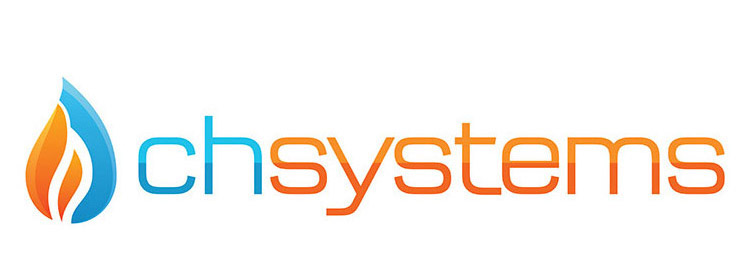How much do business owners really know about energy saving?
A new survey commissioned by the National Energy Foundation has revealed what British adults really know about energy. And it’s not all that much.
Of the people surveyed, most say that they would like to reduce their energy consumption, either because of the financial cost of using energy (81 per cent) or because of the environmental impact (70 per cent).
When it comes to business, the first step to improving energy efficiency (and cutting company overheads) is appreciating the dynamic of how light and heat is used in context. Interestingly, although three in five (58 per cent) of British adults say that they feel well informed about energy issues – sourcing information from news and documentary programmes on the TV and radio (42 per cent), searching on the internet (32 per cent) and via energy companies directly (22 per cent) – only 41 per cent of energy users know that the UK’s electricity supply comes mainly from fossil-fuel combustion. This means that the majority (59 per cent) do not know the principal source of the UK’s electricity supply.
Not only that but:
- Only half (50 per cent) of those surveyed correctly identified which type of light bulb uses the least energy (LED) and 35 per cent incorrectly thought that low voltage halogen lights use the least.
- Only one in ten (11 per cent) adults say that they know how much energy their workplace uses; while eight out of ten believe that private employers (79 per cent) and the government (76 per cent) should provide training and education to teach the public to use energy more efficiently. This compares to the six in ten (57 per cent) who believe that technology will solve our energy problems.
What the survey results suggest is that individuals and organisations need to up their energy literacy…
…making company owners, with a keen sense of how things work, effective in assisting their businesses in energy efficient improvements; reducing carbon footprints and saving money too.
Kerry Mashford, Chief Executive of the National Energy Foundation, has expressed interest in implementing a number of high-impact projects to improve the energy performance of new and existing buildings, inspiring others to do the same – NEF is currently looking for partners to back initiatives.
In the meantime, whether you’re a small business owner or someone managing a large-scale operation (hotels, hospitals, restaurants, police stations etc.), be proactive! Take energy seriously.
For more information on the National Energy Foundation Energy Poll, CLICK HERE for headline survey findings.
Source: nef.org.uk – “Energy survey raises concerns: people think they know more about energy issues than they really do”
If you’d like further information, feel free to contact the CH Systems team on 0208 302 8149 or info@chsystems.cc.


